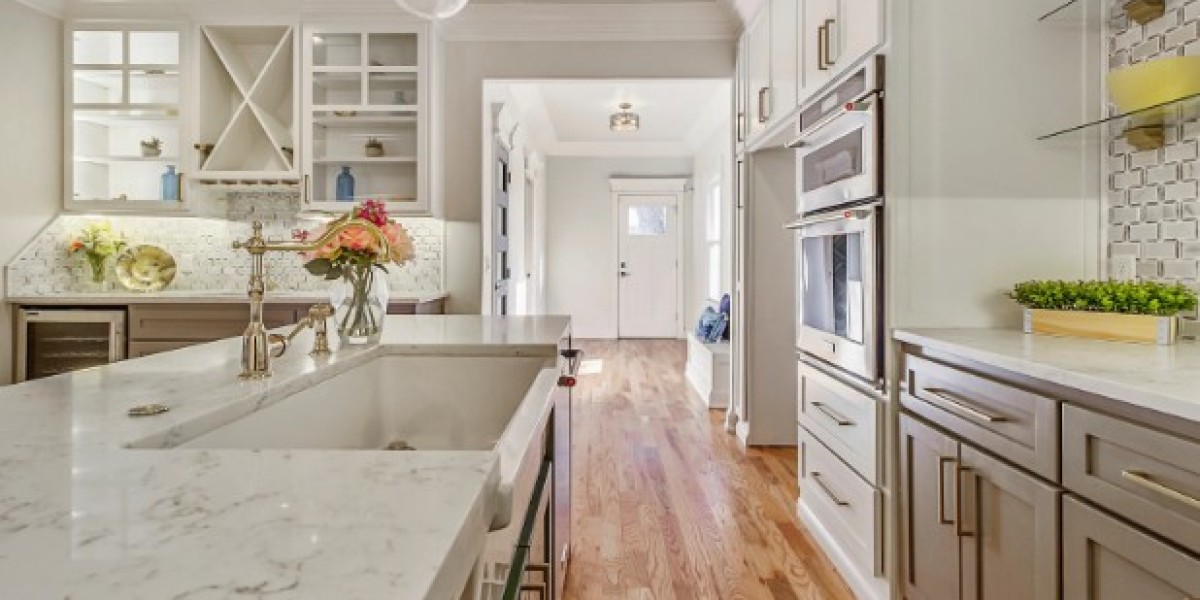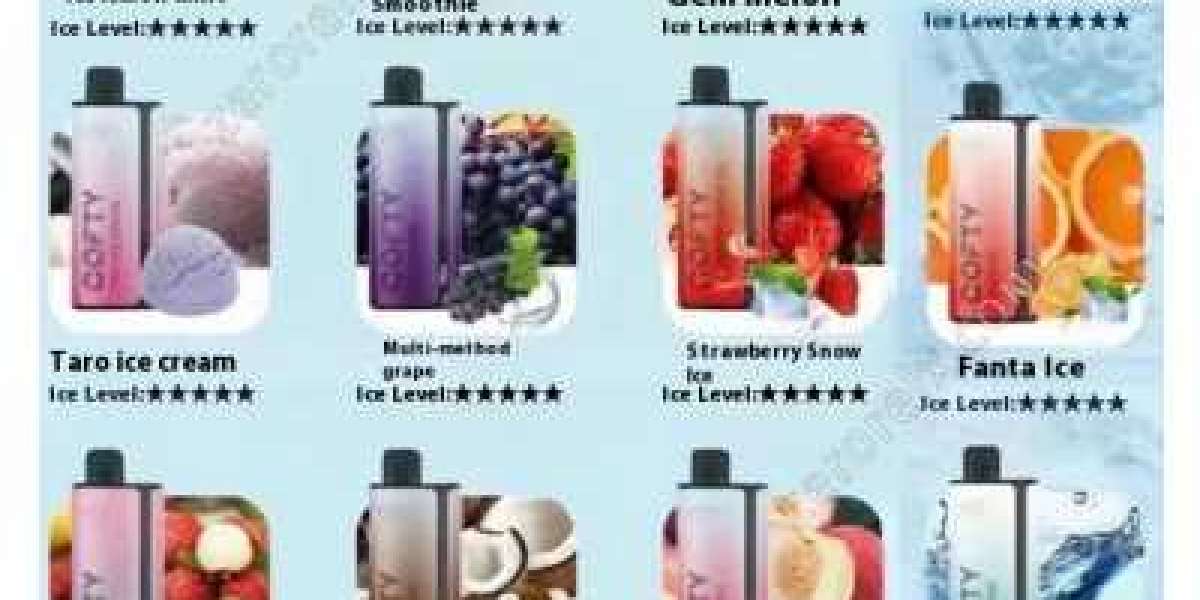Quartz countertops have steadily gained popularity among homeowners and commercial property developers alike, thanks to their durability, aesthetic appeal, and minimal maintenance requirements. Whether you’re remodelling your home kitchen or designing a sleek, functional workspace in a commercial setting, quartz countertops offer a perfect balance between style and performance. However, choosing the best quartz kitchen countertop involves more than just selecting a colour or pattern—it requires an understanding of the material’s characteristics, installation requirements, and how well it suits your space’s specific needs.
Understanding Quartz Countertops
What Is Quartz?
Quartz countertops are engineered stone surfaces made primarily from natural quartz crystals, which are bound together by resins and pigments. This combination results in a non-porous, extremely hard surface that is resistant to staining, scratching, and bacterial growth.
Unlike natural stone options like granite or marble, quartz is manufactured in a controlled environment, which allows for consistent colouration and patterning. This makes quartz an attractive choice for those looking for a uniform and modern aesthetic.
Why Quartz Stands Out
Quartz stands out due to its versatility and practical benefits. It doesn’t require sealing like natural stone, and it maintains its appearance over time with minimal upkeep. These qualities make quartz an excellent option for both residential kitchens and high-traffic commercial environments such as restaurants, cafes, and office kitchens.
Key Factors to Consider When Choosing Quartz Countertops
Purpose of the Space: Residential vs. Commercial
Understanding the primary use of your space is crucial. In residential kitchens, personal style and comfort often play a significant role in the selection process. Homeowners may prioritise colours and patterns that blend with cabinetry and flooring.
On the other hand, commercial spaces demand practicality and resilience. The countertop must withstand frequent use, cleaning, and occasional impacts, especially in foodservice environments. Choose a quartz option that offers industrial-grade durability and easy maintenance for commercial applications.
Colour and Aesthetic Appeal
Quartz comes in a wide range of colours—from pure whites and blacks to marble-inspired veining and bold, contemporary hues. If you're designing a home kitchen, consider how the countertop will harmonise with your cabinetry, backsplash, and flooring.
For commercial spaces, it’s wise to select neutral or timeless colours that won't go out of style quickly and that project a professional appearance. Quartz with subtle veining can add a touch of luxury without being too visually overwhelming.
Thickness and Edge Profiles
The standard thickness for quartz countertops is typically 2 cm or 3 cm. Thicker slabs offer a more substantial and premium appearance, often preferred in luxurious kitchens. However, thinner options can be practical and cost-effective for commercial installations where function takes precedence.
Edge profiles also contribute to both aesthetics and safety. Bevelled, bullnose, and ogee edges offer different stylistic effects. For high-traffic areas, rounded edges can prevent injuries and reduce wear.
Finish: Polished, Honed, or Textured
While looking for quartz countertops near you, look for these finishes:
- Polished finish: This is the most common and enhances the colour and pattern of the quartz while providing a shiny surface that’s easy to clean.
- Honed finish: Offers a matte appearance and is ideal for subtle, understated designs. It may require more frequent cleaning to avoid fingerprint marks.
- Textured finish: Often used in industrial or commercial settings for its slip-resistant surface and rugged look.
Choose a finish that aligns with the visual tone and functionality of your space.
Maintenance Requirements
Quartz is a low-maintenance material, but some finishes or lighter colours may show dirt or smudges more easily. In residential settings, a quick wipe with soapy water is typically sufficient for daily cleaning. In commercial environments, you’ll want a finish and colour that can stand up to frequent sanitation protocols without degrading over time.
Additionally, while quartz is heat resistant to an extent, it’s still advisable to use trivets or hot pads to prevent potential surface damage, especially in kitchens that handle high-heat applications.
Conclusion
Commercial kitchen countertops are an excellent choice for both residential and commercial kitchens, offering unmatched durability, aesthetic flexibility, and ease of maintenance. When choosing the best quartz surface for your needs, consider factors such as space usage, colour schemes, finish type, budget, and installation expertise.
By carefully evaluating these elements, you can make an informed decision that enhances the beauty and function of your kitchen, whether at home or in a bustling commercial environment. With the right quartz countertop, you’ll not only elevate the visual appeal of your space but also enjoy a long-lasting surface that stands up to the demands of daily use.


